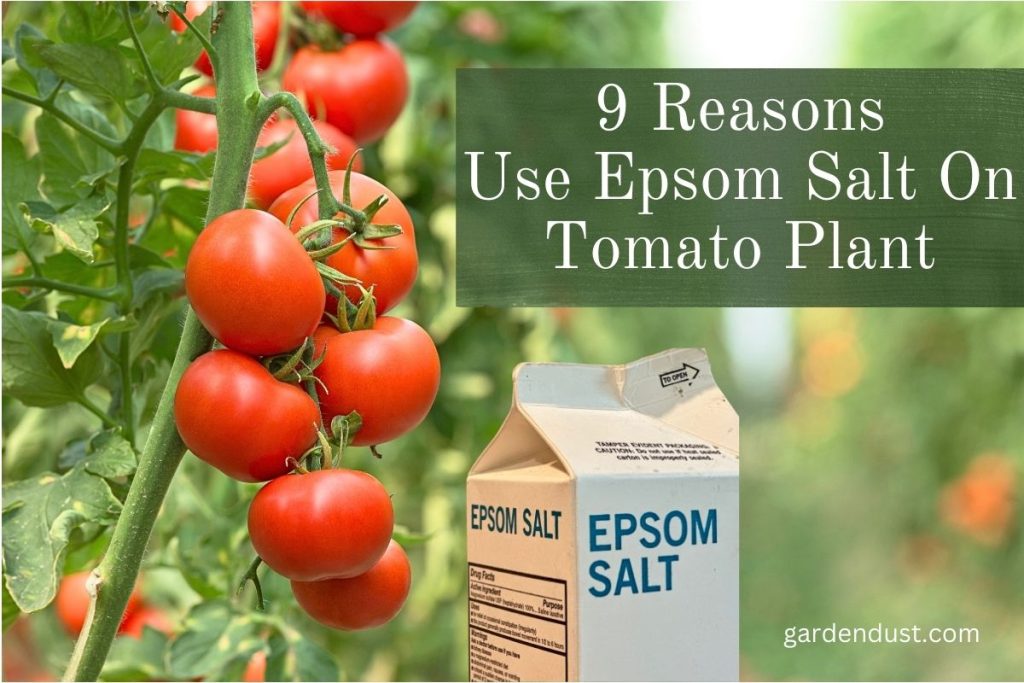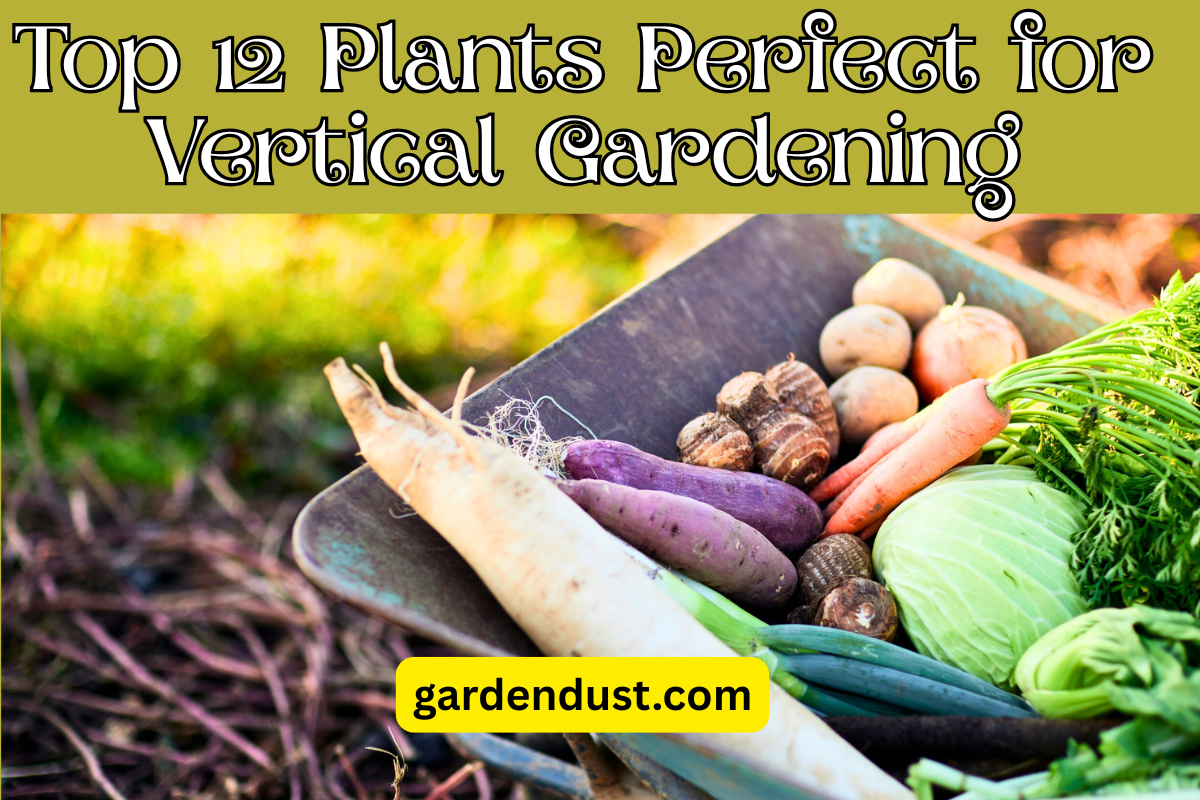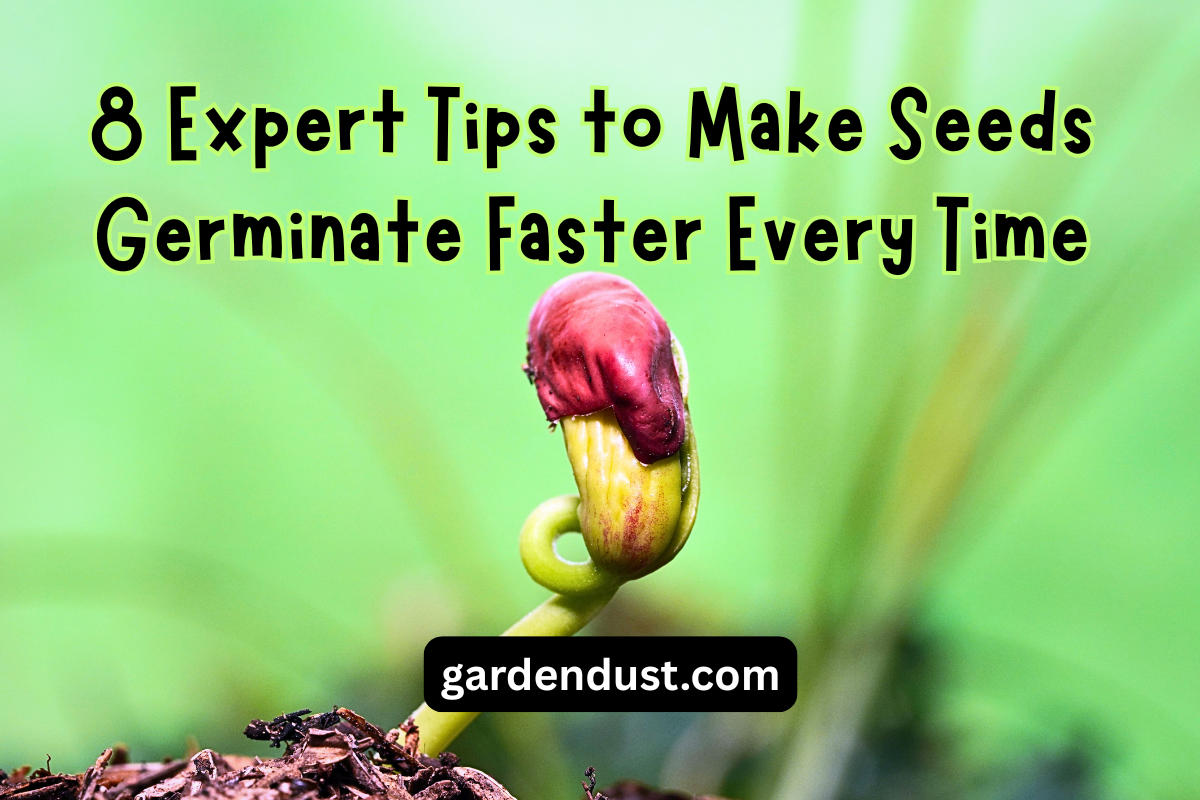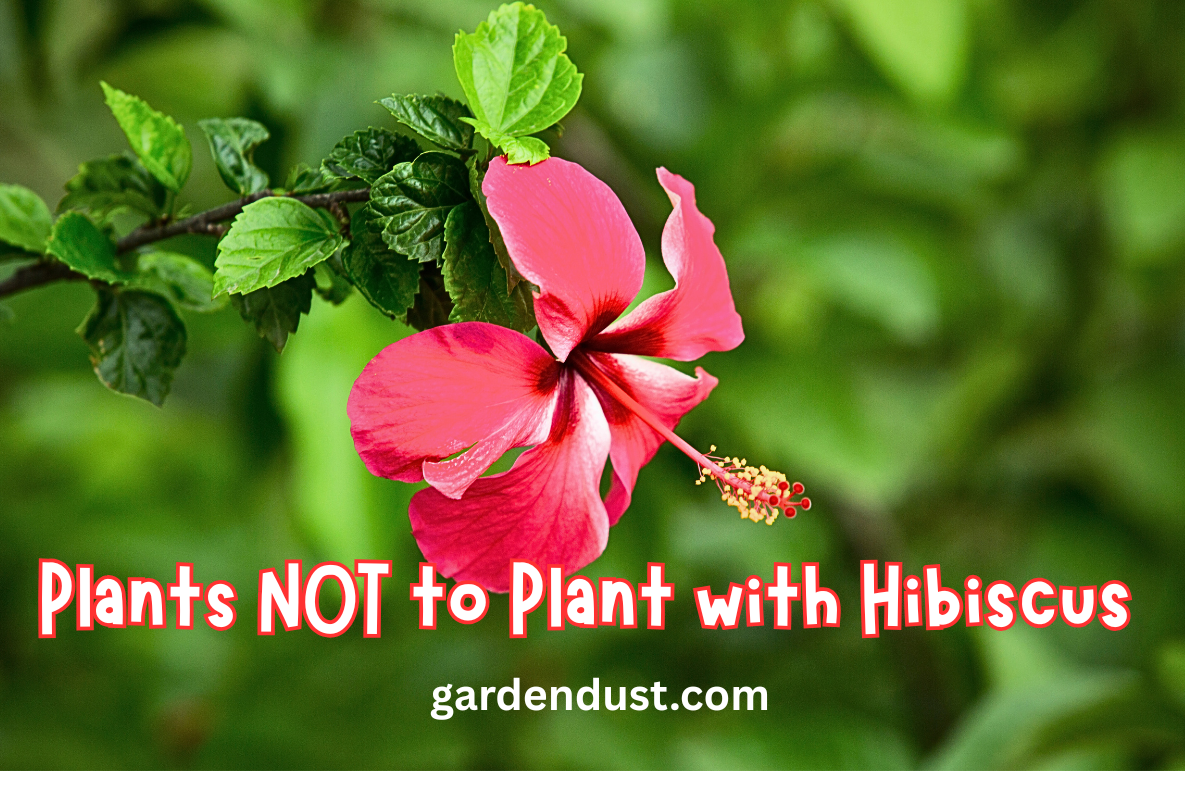Tomatoes are a beloved staple in gardens around the world, prized for their vibrant flavor and versatility in the kitchen. To ensure your tomato plants thrive and yield an abundant harvest, incorporating Epsom salt into your gardening routine can be a game-changer. Epsom salt, a compound of magnesium and sulfate, has been celebrated by gardeners for its numerous benefits. In this article, we’ll delve into 9 Reasons- Use Epsom Salt On Tomato Plant which can significantly enhance their growth, health, and productivity.
Use Epsom Salt On Tomato Plant –
Reason No.1- Magnesium Boost for Photosynthesis
One of the primary components of Epsom salt is magnesium, an essential nutrient for plants. Magnesium plays a crucial role in chlorophyll production, the green pigment responsible for photosynthesis. Photosynthesis is the process through which plants convert sunlight into energy, and a magnesium deficiency can hinder this vital function. By adding Epsom salt to the soil, you provide an immediate and accessible source of magnesium, promoting robust photosynthesis and ultimately leading to healthier, more vigorous tomato plants.
Reason No.2- Improved Nutrient Absorption
In addition to magnesium, Epsom salt contains sulfate, a nutrient that enhances the absorption of other essential nutrients in the soil. Sulfate aids in the uptake of nitrogen, phosphorus, and potassium, which are crucial elements for overall plant health. By improving nutrient absorption, Epsom salt ensures that your tomato plants have access to a well-rounded diet, promoting balanced growth and preventing nutrient deficiencies.
Reason No.3- Enhanced Fruit Quality and Flavor
Magnesium is known to influence the quality and flavor of fruits, and tomatoes are no exception. Adequate magnesium levels contribute to the development of sugars and flavor compounds in tomatoes, resulting in a tastier and more satisfying harvest. By incorporating Epsom salt into your gardening routine, you can positively impact the flavor profile of your tomatoes, making them even more delectable for culinary endeavors.
Reason No.4- Prevention of Blossom End Rot
Blossom end rot is a common issue that tomato growers face, characterized by dark, sunken lesions on the bottom of the fruit. This condition is often linked to calcium deficiency, which can be exacerbated by irregular watering and poor nutrient absorption. Epsom salt, with its magnesium content, helps regulate the uptake of calcium by the plant, reducing the likelihood of blossom end rot. By maintaining proper calcium levels, Epsom salt becomes a valuable ally in preventing this troublesome tomato ailment.
Reason No.5-Stress Relief and Disease Resistance
Tomato plants, like all living organisms, can experience stress due to various environmental factors. Stress can make plants more susceptible to diseases and pests. Magnesium, provided by Epsom salt, acts as a natural stress reliever for tomato plants. By bolstering their stress resistance, you can fortify your tomatoes against common garden threats, ensuring a more robust defense mechanism against diseases and pests.
8 REASONS-WHY BOTTOM WATERING IS IMPORTANT?
Reason No.6-Faster Seed Germination and Seedling Growth
When used in the early stages of a tomato plant’s life cycle, Epsom salt can contribute to faster seed germination and healthier seedling growth. Magnesium supports the development of strong, well-formed seedlings, setting the foundation for robust plants that will bear fruit later in the season. Consider incorporating Epsom salt into your seed-starting mix or apply it as a foliar spray to give your tomato seedlings an advantageous head start.
Reason No.7-Balanced Soil pH
Epsom salt can play a role in maintaining a balanced soil pH, which is crucial for nutrient availability. While magnesium itself does not significantly alter soil pH, its presence can indirectly impact pH by improving nutrient uptake and utilization. Balanced soil pH ensures that essential nutrients remain accessible to tomato plants, fostering optimal growth conditions.
Reason No.8-Increased Flower and Fruit Production
Magnesium is instrumental in the formation of chlorophyll, but it also plays a vital role in the activation of enzymes responsible for flower and fruit development. By supplying your tomato plants with Epsom salt, you encourage a higher yield of flowers, which translates to an increased potential for fruit production. This can be particularly advantageous for gardeners aiming for a bountiful harvest.
Reason No.9-Cost-Effective and Easy Application
One of the most appealing aspects of using Epsom salt in gardening is its cost-effectiveness and ease of application. Epsom salt is readily available, affordable, and simple to use. You can apply it directly to the soil or as a foliar spray, making it a versatile addition to your gardening toolkit. With minimal effort and expense, you can enjoy the myriad benefits that Epsom salt brings to your tomato plants.
The use of Epsom salt on tomato plants offers a multitude of benefits that can elevate your gardening experience and yield. From enhancing photosynthesis and nutrient absorption to preventing common issues like blossom end rot, Epsom salt proves to be a valuable ally for tomato growers. As you embark on your gardening journey, consider harnessing the power of Epsom salt to cultivate healthy, thriving tomato plants that will reward you with a bountiful and delicious harvest. Happy Gardening….






